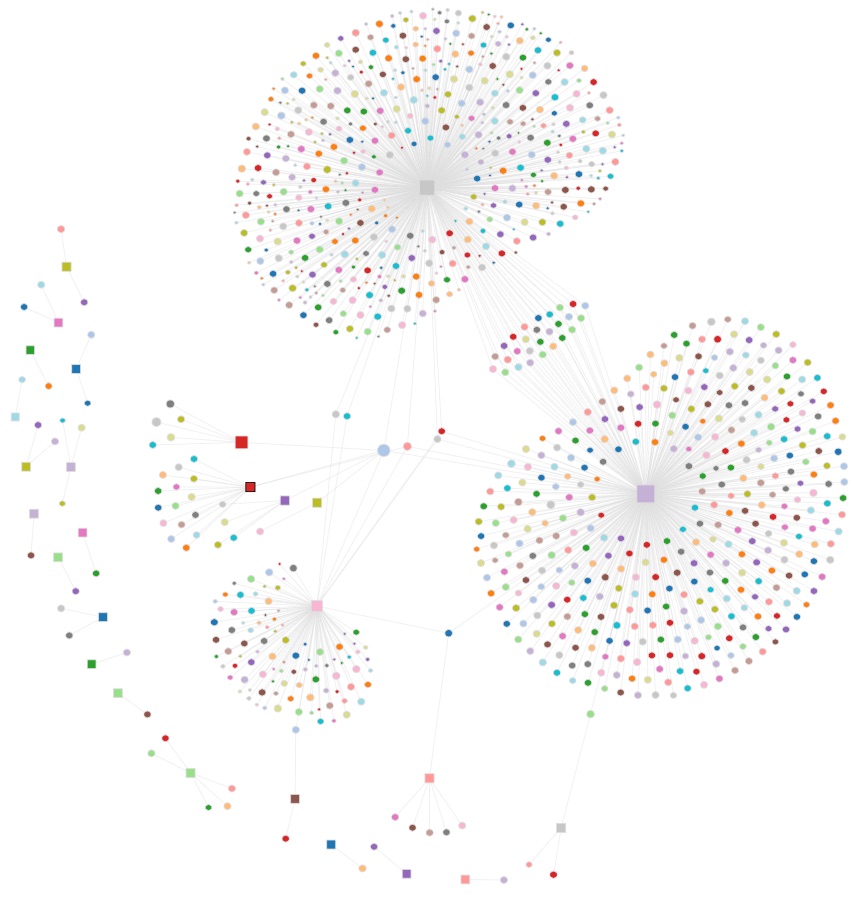Fact vs Faith…
Joshua Gans – I was asked to write an opinion piece about Kevin Rudd’s essay in The Monthly on the GFC which, by the way, should stand for Great Fracking Complacency. It is in today’s Age and my opinion and disappointment speaks for itself. (Others seem more willing to carry ideological baggage than I am).
Forget ideology common sense should prevail
Joshua Gans
The Age, February 5, 2009
The global financial crisis is an opportunity for reform, writes Joshua Gans.
AS AN academic, I am a big fan of frameworks, philosophy and a sense of history. This is our bread and butter. They discipline us in being consistent and testing our assumptions against facts. And when I think of what I want in a leader, it is someone who can demonstrate that they can rise to that level. Our most recent example is Barack Obama, who is one of the greatest expositors and, potentially, implementers of collectivist theory and practical compromise that I have seen.
It was with that hope in mind that I read our Prime Minister’s essay in The Monthly, which was billed as a higher-level piece reflecting on those intellectual values in the context of an unprecedented economic event. And as a person who is generally a supporter of this Government, I knew that reflection was missing and I had hoped it would fill the void between the various actions this Government is taking and an underlying set of values. I am sorry to report that it fell far short of that hope. And it did so for several reasons. The most important of these is the dressing-up of what we are seeing as a flashpoint in the battle of ideologies. Rudd uses the term “neo-liberal” to describe the old and “social democrat” to describe the new. In neither case do we know what it all means. It seems to mean unbridled faith in markets versus a concern for public goods and the role of government. But is this a conflict we are seeing in Australia?
Economically, two things have come home. First, unchecked and unregulated financial markets can suck up energy and spew out distress. Second, that distress can spread from a single economy to economies that have had what appeared to be appropriate checks and balances.
While these challenge blind-faith adherence to markets, they do so not from a new ideology but to convince those denying the theory of market failure that such failure is a fact. They do not tell us that we need to be any more concerned about social equity or the role of government in, say, building infrastructure. There is a debate there but a financial meltdown does not give rise to ideological victory.
Rudd does better in the parts of the essay that eschew ideology and concentrate on past governmental failures. The fact that Howard and Costello rested on the laurels of economic fortune and did nothing to pay premiums on insurance against financial shocks and global recession is where Rudd has stronger claims. But that is a story of blindness to evidence and a lack of rigorous economic thinking, rather than ideological failing. After all, Howard presided over the largest growth in the size of the government and a set of irresponsible handouts at the end of office that burned any buffer for this crisis. If neo-liberalism means something, it surely is not that.
However, it is there that Rudd is somewhat exposed. I can vividly recall this time last year when fellow columnist Christopher Joye and I raised the problems in the mortgage-backed securities market


